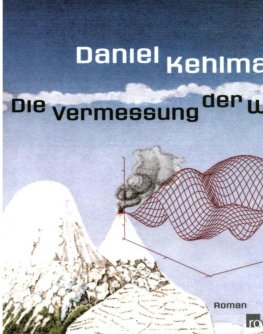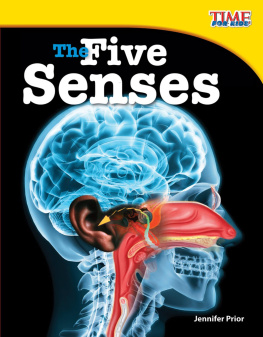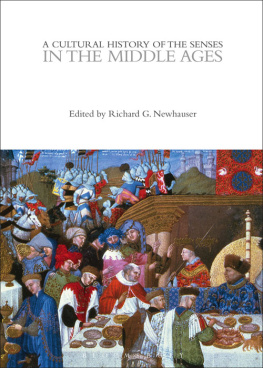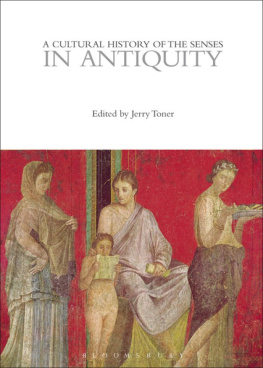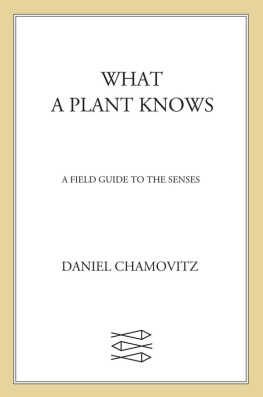Acknowledgments
Anyone who has ever written a book knows that, despite the generic displays of camaraderie and obligation that preface the text, most of the work is done alone. All that lonely work is, however, made possible by the efforts, accomplishments, and support of many. Although we may write alone, we do not think alone; our minds are populated with the ideas of those who have gone before and the presence of those with whom we live. Many of those to whom I am obligated for their ideas and research are acknowledged in the citations of this book. A brief word here about the others.
This book began life while I was in the American Studies Program at Yale University. There I was able to do the kind of truly interdisciplinary work that would not have been possible within a traditional discipline; I am grateful for the support and encouragement given by various people connected to American Studies at Yale of what must have initially seemed a rather strange project. In particular, I owe a debt to David Brion Davis, Alan Trachtenberg, and especially Jean-Christophe Agnew, who both set an example in his own work and provided support, criticism and encouragement in the darker hours of my own research and writing.
I had the privilege of critical readings and advice from two good friends: Chris Shannon and Glenn Wallach. Chris has set a high standard in the rigor and insight of his own thinking; his assessment was invaluable. Glenns thorough and careful reading provided the breakthrough that made it possible for me to revise the manuscript. An earlier detailed criticism of drafts by Michael Schaffer proved helpful as did the anonymous readers reports for Cornell University Press. I am stubborn, of course, and so failed to take many of the suggestions made by my readers, but I am thankful for them nonetheless.
In the early stages of research and writing, this project was supported by a John F. Enders Research Grant and a Paul C. Gignilliat Dissertation Fellowship, both administered by the Yale University Graduate School. The members of the history department at Colgate University made it possible for me to be gainfully employed while I worked on revisions, no small accomplishment in the present academic job market. Jill Harsin and Andy Rotter served as my advocates during my extended visiting appointment at Colgate; I owe them a great deal of thanks. My appreciation also goes to Dennis Kratz, Dean of the School of Arts and Humanities at the University of Texas at Dallas, who came through with a generous subvention as the book was in press. The research for this book was conducted using the libraries at Yale, the University of Washington, and Colgate. The efficient interlibrary loan service at Colgate was particularly helpful.
Peter Agree at Cornell University Press has been a patient and accommodating editor. He made sure that I could write the book I wanted to write, while at the same time letting me know what the consequences of such action might be. I appreciate his frankness and advice. The manuscript was edited by Charles Purrenhage, who did a fine job of clearing the debris from my writing without intruding upon the substance or style of the book. Every author should have such good fortune in the editing process.
The support of my parents, Edgar and Ellen Wickberg, has been a constant. My father read the manuscript in an earlier form and provided an astute analysis that reflected both his own scholarly perspective and the experience of having grown up in the world I describe. My mother awaits the book for her reading; at long last, here it is. My debt to my parents is enormous; I have tried to begin to acknowledge it in the dedication of this book.
My wife, Susan Evans-Wickberg, has lived with (and without, sometimes three thousand miles away) me and this book from before it was a book. It has now been a decade since the initial idea for this project struck me; in those ten years, Susan has made our life together possible. The road has not been an easy one. I am grateful. More than that, I cannot sayshe knows.
D. W.
Introduction
Everyday language and ordinary speech in twentieth-century America find a place for something called the sense of humor. We routinely describe individuals as possessing this trait; we use it as a shorthand for recommending the personal quality of people; we look for it in our associates and friends as a sign of their good nature and compatibility. Anyone who has read letters of recommendation or glanced at the personal ads that fill the back pages of urban weekly newspapers knows that the term sense of humor recurs with amazing frequency. It is a simple description of a universally recognized personality trait. And yet its use and appearance in everyday speech, as with so many of the routine phrases we use, is rarely accompanied by critical inquiry into its meaning. This is as it should be; if we are to stop to analyze the meaning of every commonplace, we will soon find ourselves unable to speak. But the question remains: What do we mean when we describe someone as having a sense of humor?
This book is an extended answer to that question. The answer takes the form of a history of the term, but the question itself seems of a different order. It is at once anthropological and philosophical: anthropological in the sense of posing an exploration or unpacking of the meaning of a term and value within a particular culture, namely our own; philosophical in the sense of requiring an analysis of a human faculty in terms of its relevance to the constitution and identity of persons in the abstract. Indeed, I hope the present work will be accessible to those who I concur that the best answer to a philosophical question is the writing of a history, that to know the meaning of an idea is to understand its history.
This, then, is a history of the idea and meaning of the sense of humor within Anglo-American, especially American, culture. Even having said this, however, I must point out what it is not . At the risk of seeming to define this project in largely negative terms, I have come to the conclusion that the best way to avoid misunderstanding is to address the initial expectations many readers may have. Cultural history today takes many forms, and frequently seems to have as many meanings as it has readers. The legacy of structuralist thought has left us with the notion that what is is defined by what is not. My purpose in describing what this book is not is simply to make my aims and intentions clear, to define exactly what kind of cultural history the reader might expect to find here.
Those who come to this work with the expectation that it represents a cultural history of American humor as a literary or popular formthat is to say, as a tradition or a body of textswill be disappointed. There is a voluminous literature on American humor understood in this sense, and although I touch on some of the issues with which that scholarship is concerned, I approach them very differently. The reader will not find, for instance, an interpretation of southwestern humor here. I do not focus on the meaning of particular humorous texts or the literary and cultural traditions in which they reside; I am interested, at least in part, in what makes possible the identification of these texts as humor, and in this sense the tradition of scholarship on American humor is framed within my analysis. One way to put this is to say that I am interested less in the language of humor and more in its metalanguage. Thus, Mark Twains discussion of the technique and structure of humor, How to Tell a Story, is a primary source for this work, but his humorous stories themselves are not.



